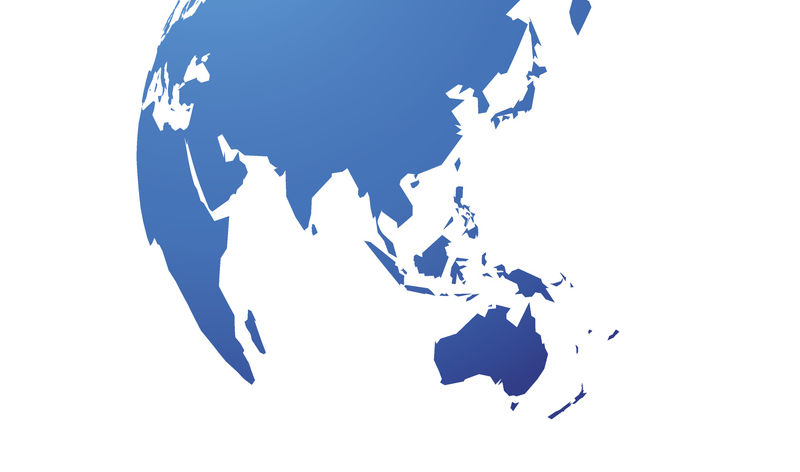Its folly to resist a Beijing reset
July 20, 2022
There are some on the right who thrive on the tension. And they blame the breakdown entirely on the other side. Chinas statement following the first meeting between foreign ministers Penny Wong and Wang Yi has been denounced as Chinas four demands. One such demand is that the two countries seek common ground. Oh, the effrontery!
The other three speak of Australia regarding China as a partner rather than a rival, of positive and pragmatic social foundations, and of avoiding being controlled by any third party.
Do we really insist on being a rival, on having negative social foundations with China, or being controlled by a third party?
Such are the depths to which the Australia-China relationship has plunged in the past few years that conservative commentators and media organisations treat what ordinarily would be considered a positive statement from Chinas foreign minister as outrageous demands.
Some critics do not want the relationship to be reset; they thrive on the tensions between our two countries. And they insist the breakdown is all Chinas fault.
With so many faults contributing to the deteriorating relationship between Australia and China under the previous Coalition government, theres plenty to share around.
Onto Chinas plate can be ladled its military build-up in the South China Sea; its trade sanctions on Australian barley, wine, coal and other commodities; and the imprisonment of two Australian citizens on national security grounds with no clear explanation of the allegations against them.
Australias plate is laden with antidumping duties on steel and aluminium that might contravene global trading rules; the Morrison governments blocking of a Chinese companys bid to buy a Japanese-owned dairy and drinks manufacturer in Australia (surely not on national security grounds); Scott Morrisons mimicking of former US president Donald Trump in his criticisms of Chinas developing-country status at the World Trade Organisation; and the Morrison governments decision to go it alone in pushing for an independent international inquiry into the outbreak of COVID-19.
The Liberals have form when it comes to demonising outsiders. If it wasnt the commos coming down through Vietnam to attack us in the 1960s, it was too much Asian immigration in the late 1980s, the asylum seeker boats of the 2000s allegedly carrying terrorists, the African gangs preventing Melburnians from going to restaurants in 2018, and the asylum seekers in 2019 who would kick Aussies off hospital and public housing waiting lists if they were medically evacuated from Christmas Island.
The Liberals, who in the run-up to this years election accused Labor of being soft on China and deputy leader Richard Marles of being a Manchurian candidate, claim they were not criticising Chinese Australians. Those voters didnt agree: the Morrison government lost five seats with sizeable Chinese-Australian voting populations: Reid, Bennelong, North Sydney, Chisholm, Kooyong and Tangney. And it nearly lost Menzies.
Morrison complains about China buying wheat from Russia as war rages in Ukraine, but has no problem with India massively ramping up its oil purchases from Russia.
Wongs face-to-face meeting with Wang was the first in three years between the two countries at the foreign minister level. It was a genuine breakthrough.
Trade Minister Don Farrell has proposed talks with China in an effort to resolve our trade disputes. Each country is taking the other to the WTO to rule on the disputes. The problem is that the US has gutted the Appellate Body by refusing to appoint new judges as the terms of existing judges expired. It will not be revived until at least 2024.
As the Albanese government is pressured to maintain a hostile attitude towards China, the Biden administration is negotiating to reduce some of the Trump tariffs on imports from China.
Chinas proposal is to put the past behind us and make a fresh start.
That doesnt require sacrificing our sovereignty or kowtowing to China. Nor does it require Australia to support China on any of the matters about which we disagree.
At least if we resumed talking, we might have a better chance of getting the two Australians out of prison.
There are sound economic, social and moral reasons for restoring dialogue with China. Among the economic reasons is that Chinas economy is bigger than the rest of Asias combined, and our exports to China exceed the total of those going to our next eight biggest markets.
The raucous opponents of the Albanese government resetting the relationship between the two countries are playing a dangerous game with Australias foreign policy and ambitions for a peaceful, prosperous and stable region.
Reposted with permission fromthe 7/19/2022 Financial Review eEdition

